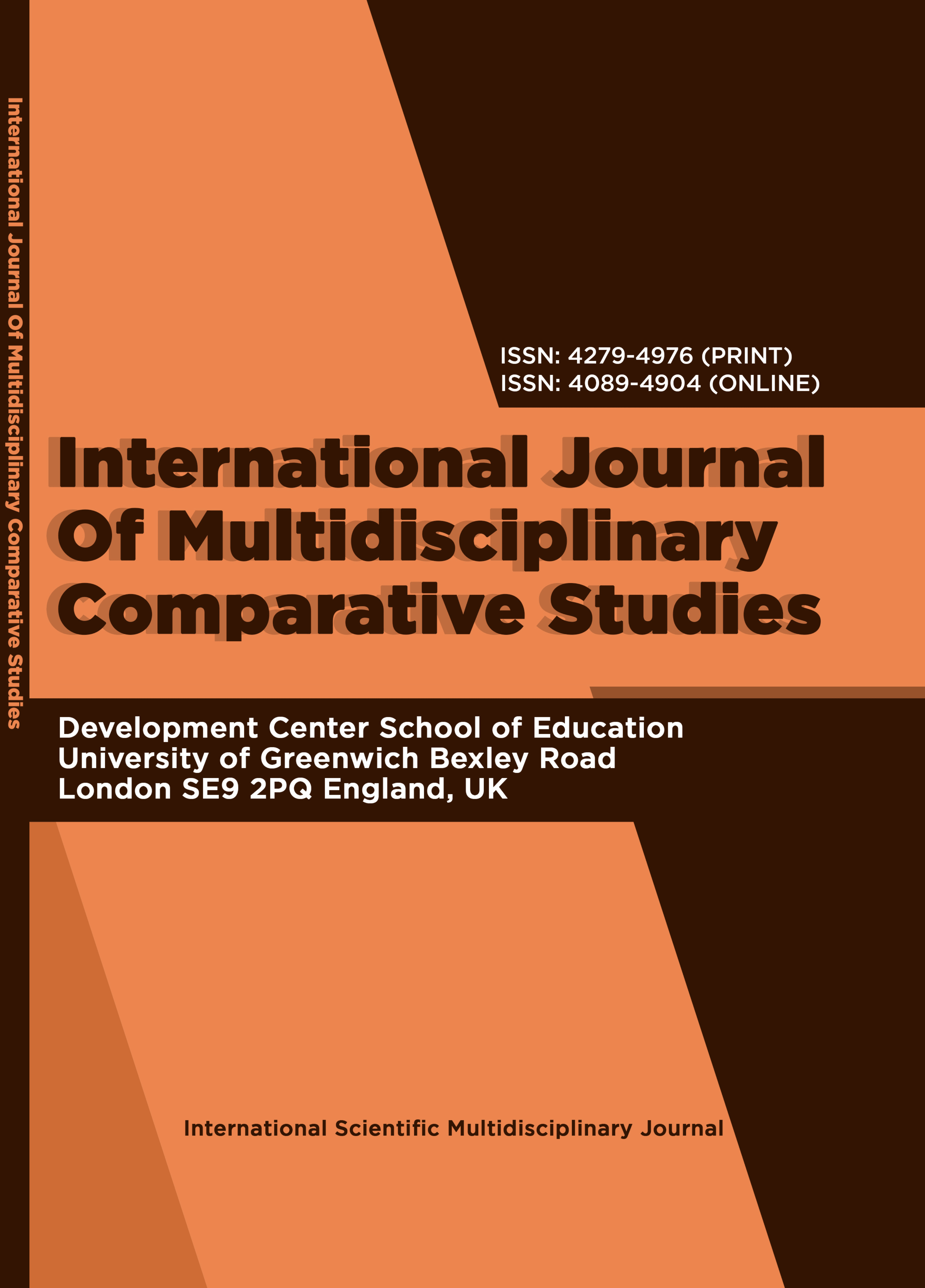INTERNATIONAL JOURNAL OF MULTIDISCIPLINARY COMPARATIVE STUDIES (IJMCS)
Gamification: An Emerging Strategy for your Distance Learning Toolbox
E-ISSN: 4089-4904
P-ISSN: 4279-4976
DOI: https://iigdpublishers.com/article/124
This article discusses the ideal versus the reality of teacher preparation for teaching English as a second language (TESL) in an online learning environment in the United States. Some of the difficulties include the large number of students and the limitations of the teacher to develop individualized instruction for each student. Besides these problems, the context of asynchronous teaching, in which teacher and students are not present at the same time, can also affect the success of the online environment. With the advancement of technology, it is possible to incorporate pedagogical strategies, such as gamification, to help mitigate these problems. Gamification is a strategy that uses elements of games in contexts other areas of activity. This strategy is important for online learning because it can influence motivation and maintain student interest in the topic studied. In this paper, we will discuss the structure of gamification, as well as strategies to incorporate it into online classes, particularly in TESL classes.
Allen Lynn PhD
Aldrich, C. (2009). Complete guide to simulations and serious games: How the most valuable content will be created in the age beyond Gutenberg to Google. Hoboken: Pfeiffer.
Anderson, A.F, Bavelier, D. (2011). Action game play as a tool to enhance perception, attention and cognition. In Tobias, S., Fletcher, J.D. (Eds.), Computer Games and Instruction (pp. 307-330). Charlotte: Information Age Publishing.
Author (2017). Motivation and learning engagement math through playing video games. Malaysian Journal of Learning and Instruction, 14(2), 1-21.
Author (2015). Playing and learning: A case study of children's experiences with serious games in a virtual world. (Unpublished doctoral dissertation). University of Georgia, Athens, GA.
Bogost, I. (2008). The rhetoric of video games. In Salen, K. (Ed.), The ecology of games: Connecting youth, games, and learning (pp. 89-116). Cambridge: The MIT Press.
